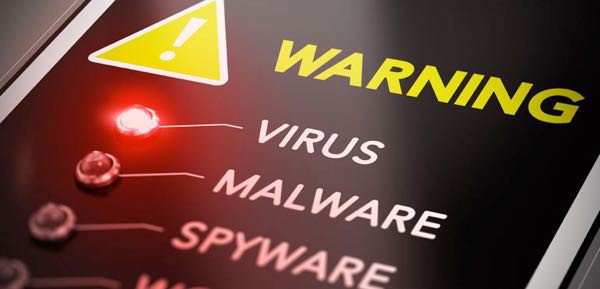Computer Virus Protection
Viruses are a concern that every computer user has. Sometimes it seems like the internet is full of traps, and you are bound to get a virus at some point. We have some simple guidelines to follow that will make your computer much safer, and won’t affect your day to day internet surfing.
Common Sense
Overall, the best way to protect yourself from viruses online is by using common sense. Be careful to what attachments you are opening, what you are downloading and what you are clicking on.
Browsing with Caution
Browsing with caution doesn’t mean that you need to be afraid of reading your favorite news sites or trusted shopping stores. If you think a website looks fishy, out of place, or out of date, skip it. When in doubt, look for signs to verify the email or website, like a phone number or other contact information at the bottom and see if it matches that actual phone number.
Check for an SSL
Secure websites will have an SSL (Secure Sockets Layer) Certificate. That is the little lock next to the websites name. This means that all information sent to or from that website will be encrypted, which makes it much harder for a 3rd party to access.
Don’t Click on Sketchy Ads
If you use websites to illegally stream TV shows or sports, be cautious, use an ad blocker, and don’t click on any of the ads you see on those pages. If you use these sites, you probably already know this!
Monthly Malware Scans
If you want to be extra cautious, you can use a malware scanner once a month. This will search your computer and help make sure that you haven’t picked up any viruses. A good one to use is Malwarebytes, and they have both free and paid versions.
Businesses can benefit from these tips too but sometimes will require more protection for their network. If you are a business owner and need help protecting your digital assets call one of our specialists today!

